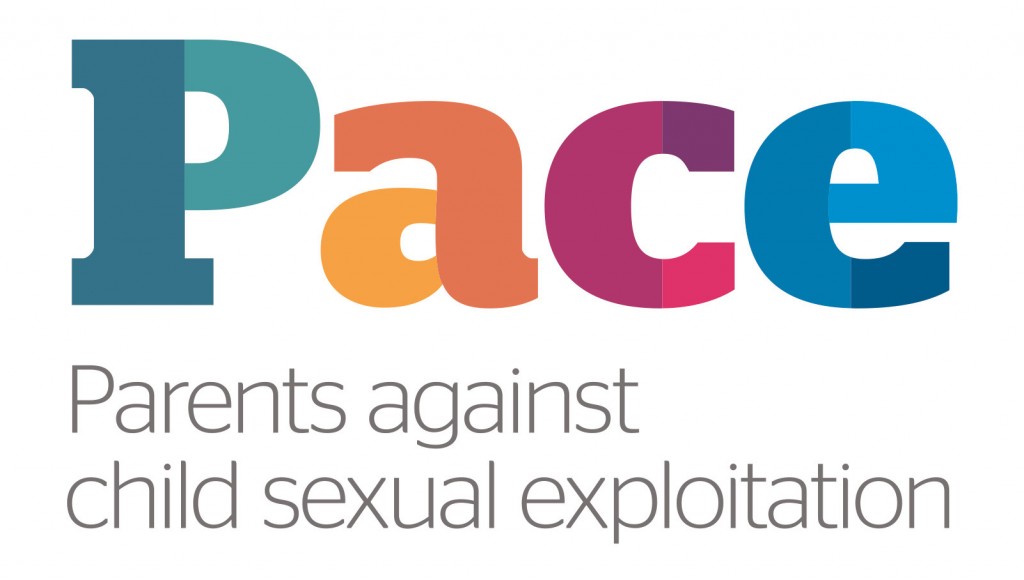
Keeping children safe from sexual exploitation
Every year, thousands of children in the UK are forced or manipulated into sexual activity in a form of abuse called child sexual exploitation. It’s important for foster carers to know the signs to look for to help prevent a child in your care entering an unsafe relationship, intervene early if they are vulnerable, and get the right support.
So what actually is ‘child sexual exploitation’? It is a form of abuse where individuals or groups befriend, or ‘groom’, the child in a process designed to establish control by breaking down their existing relationships with family carers and friends. Grooming is a process that introduces victims to an abusive lifestyle that they are eventually made to believe is normal.
Grooming can take place online or offline and can include violence, lies, blackmail, or threats. There are different methods; children might experience exploitation at parties, by groups of older men or (less often) women, as part of a gang, or by friends their own age. Once manipulated, the child is expected to participate in sexual activities, often in exchange for something such as alcohol, gifts, money, affection, drugs, or a place to stay.
Girls and boys from all cultural and social backgrounds can be vulnerable to this happening to them.
The majority of sexually exploited children are living at home when the abuse starts, but a disproportionate number of affected children are in care. Foster carers might have children in their care at risk of sexual exploitation, or they might have children who have been placed into care as a result of sexual exploitation.
Key warning signs to be aware of that could indicate sexual exploitation include:
- Changes in behaviour, especially secretive, defensive and/or aggressive
- Changes in their appearance, style of dress and tastes
- Receiving strange calls or messages on mobiles or social media sites from unknown contacts and not wanting to be separated from their mobile
- Having more than one mobile phone or social media account, such as two different Facebook profiles
- Being in possession of new, expensive items they normally couldn’t afford, such as mobile phones or jewellery
- No longer engaging with their usual friends and possibly associating with older men or women or new, friends who you have concerns about
- Staying out late or overnight with no explanation of where they are going; Going missing
- Appearing with physical injuries
- Drug or alcohol misuse, self-harm
- Involvement in offending
- Sexual health problems
- Skipping school
- Evidence of sexual bullying or vulnerability through the internet or social media
- Adopting a new street language or answering to a new street name
- Often appearing unwell or tired and sleeping at unusual hours
- Deteriorating mental, emotional health
The child might not recognise they are being abused and believe they are in an exciting relationship, or friendship group. They may be threatened with violence if they don’t do what is asked of them or if they talk to anyone about it.
So how can carers respond to the needs of sexually exploited children? First, it is important that foster carers are aware of the signs and seek support and advice if there are any concerns. Sexual exploitation is a serious crime that requires a multi-agency response – it cannot be tackled by one person alone. Keeping detailed records of anything that you see or hear that sounds suspicious can help in the disruption and prosecution of offenders.
For a more in-depth introduction to sexual exploitation, check out this online, interactive learning resource: Keep them Safe.
If sexual exploitation is suspected or known, emerging research that looked at specialist foster placements by Lucie Shuker of the University of Bedfordshire has shown that creating warm, trusting relationships that develop over time is key. “Safety is multi-faceted,” writes Shuker, “It takes time to progress from short-term physical safety to medium-term relational security (positive trusting relationships), then long term recovery.”
Shuker recommends that the balance between control (boundaries and restrictions) and compassion (positive attention, practical care, persistent acceptance) for an affected child’s domestic environment needs to be weighted towards compassion.
Meeting the needs of a sexually exploited child can be challenging and takes time. For more information and support, talk to specialist charities such as Parents Protect (Stop it Now) or Pace.
Byline: Carley Centen, Social Media Manager at Parents Against Child Sexual Exploitation (Pace)